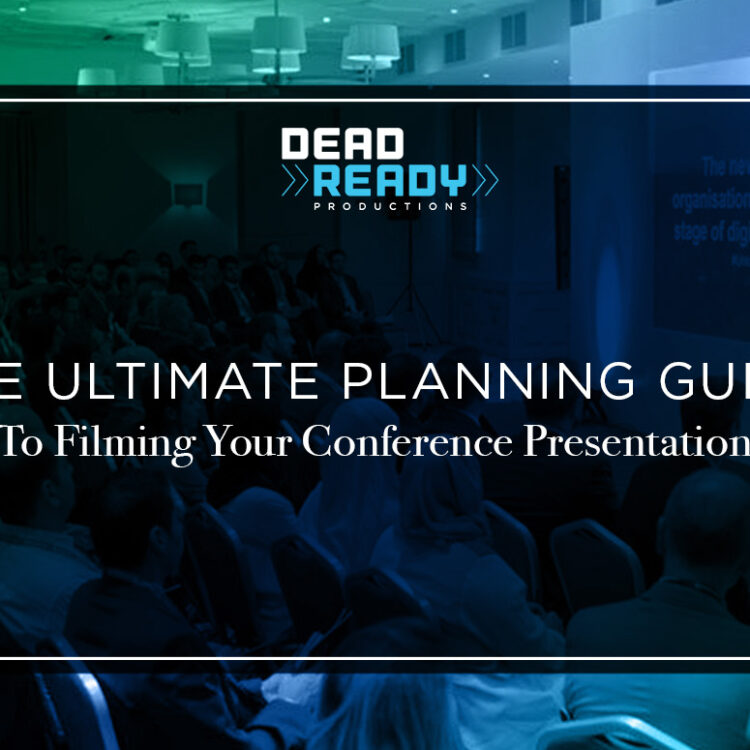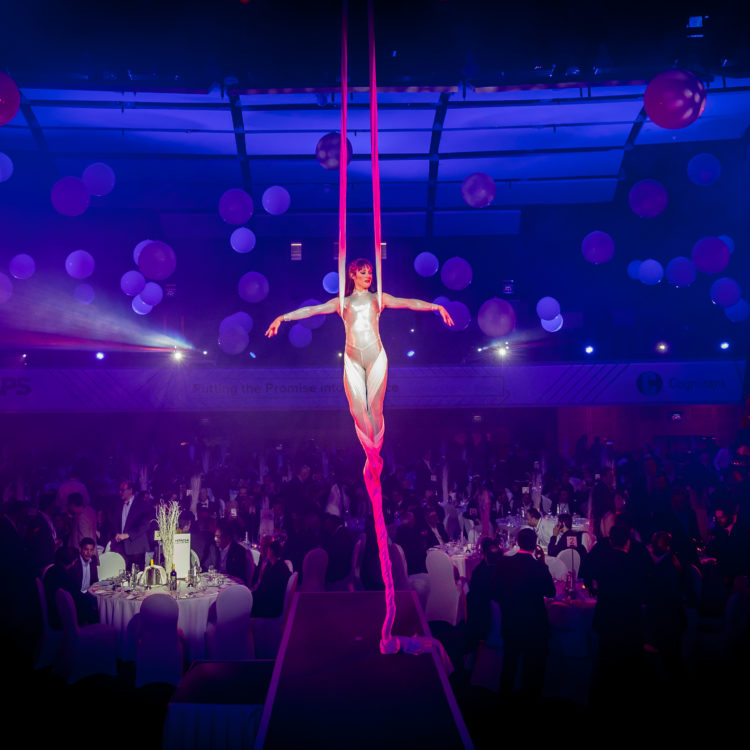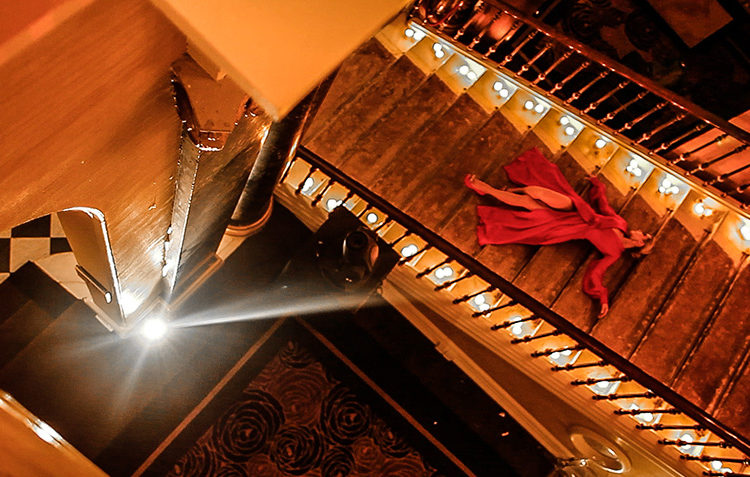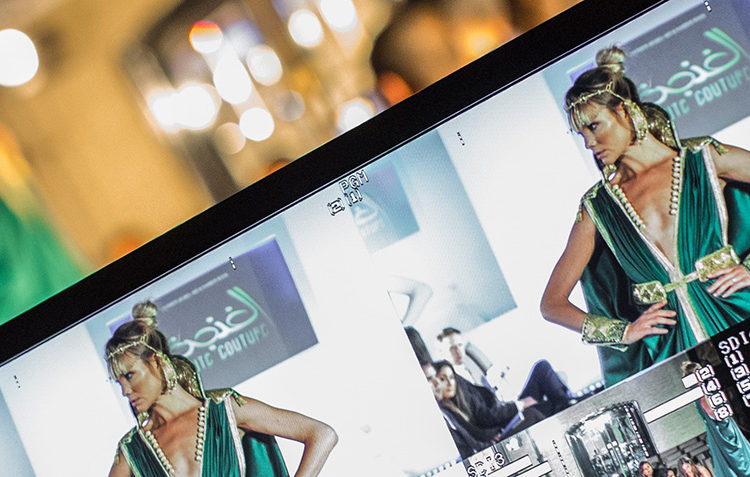The Ultimate Planning Guide To Filming Your Conference Presentation
When organising videography for your conference, you first need to be clear on the type of video you want to create.
To ensure your video delivers above and beyond, there are some key considerations you should take into account beforehand, which will help your production crew both on the day and during the editing process afterwards.
Providing your production crew with certain information before your event, will ensure they are as prepared as possible for the big day!
In this article, we explain the key considerations you should take as well as the information you should supply to your production crew, in advance of your conference, to ensure you get the most out of your event.
Pre-Event Key Considerations
Confirm Your Objective
It sounds obvious, but knowing exactly what you want to achieve by filming your event is hugely important, and yet often overlooked. Are you looking to record the event for an audience unable to attend on the day?
Provide a recap for those who were in attendance? Or are you looking to create a promotional video to boost sales and marketing for your next event? Just three examples, but all benefitting from a different filming approach.
Create A Filming Schedule
Try to avoid ‘winging it’ on the day and deciding what to film while the event is actually in progress. Working with your video supplier to develop a filming timetable beforehand that corresponds to your event programme will help you to make sure that you’re getting all you need and can highlight any logistical issues – particularly when multiple cameras are involved and more than one type of video is being created.
It’s not unusual for requirements to change on the day and the crew will need to be flexible, but a schedule provides an important starting point.
Consider Combining Videography And Photography
One of the challenges of running an event is having to deal with many different suppliers. Using the same team for both video filming and for stills photography can help with this, saving you time when it comes to briefing people on what you need, and generally simplifying the process.
Of course, you need to be absolutely sure that the team you’re working with has the capability to deliver on both fronts.
Decide How To Use And Distribute Your Video
Many don’t think about this until the video has been created, but it’s worth considering – will it go on your webpage, social media channels, how will you notify people when the video is ready?
Knowing the answers to these questions beforehand can influence the filming approach taken by the crew, and will lower the risk of hold-ups and delays in post-production since the distribution strategy has already been agreed.
Review Previous Experiences
If you’ve worked with video production teams at events before, make the most of this and think about what worked and what you would like to do differently. Focus less on the process but more on the outcome of the video – did it achieve what you wanted it to and why/why not? Refining the process is an important part of ensuring that each video surpasses the one before.
Having provided video and photography services for a wide range of events, both across the UK and Internationally, the team at Dead Ready Productions are no strangers to working with a brief that’s less than fully developed, but we can work with you to ensure the end result exceeds your expectations.
Pre-Event Information To Supply Your Production Crew
Nine times out of ten you will have an audio visual team at the venue operating a sound desk and managing microphones on the stage, in addition to the camera crew. Clean, high quality audio is absolutely essential when filming a conference presentation, so ensuring everyone involved shares their contact details prior to the event is key.
Arranging a pre-conference call between the camera crew and the audio visual team is also the simplest way to ensure that both parties are aware of what’s needed and can communicate with each other without any issues both pre and post the event should they need to.
Agenda And Slide Content
It’s useful for the production crew to know the event agenda in advance as it will allow them to plan the day with maximum efficiency. It’s also helpful to give them as much information as possible about the content of the slides – how intricate and detailed are they; are there animations and/or videos involved? Are they in a format other than PowerPoint? Will the crew be able to get hold of the original PowerPoint files on the day?
The answers to these questions may affect the filming approach. Of course, not every presenter uses slides, so it’s useful to know if that is the case as well.
Number Of Presenters
If there will be more than one speaker talking at a time, or a panel discussion, this will have implications for the number of cameras needed, the positioning of those cameras and the approach to audio recording on the day.
Be sure to confirm the number of presenters prior to the event and update your production team if there are any changes, no matter how last minute, so they can make the necessary alterations to the set up.
Audience Involvement
Everyone loves an interactive presentation, with the exception of an unprepared camera crew! If there’s a great deal of audience involvement and you want to feature this in the video, then you need a minimum of two cameras and you need to consider how audio will be handled.
A roving handheld or boom microphone is the most common solution as this type of microphone is critical to getting clear audio for the video – you just have to make sure there are people in position to move these microphones swiftly to where they are needed.
Lighting
A common misconception is that the biggest lighting challenge for the camera crew is the amount of available light in a conference venue. In practice, it is usually the contrast between a very bright screen and a dimly lit lectern or podium that causes the biggest challenge.
A regular occurrence at conferences is having a very narrow spotlight on the stage, which in most cases the presenter will promptly step out from under and then deliver the rest of their presentation from the shadows. There are various ways to deal with these issues, so knowing the lighting set up at the venue will allow your production crew to come prepared.
Room Layout
Knowing the layout of the room is very useful, particularly for multi-camera shoots, as it allows different camera positions to be considered. If time permits, a pre-shoot location recce, where the room is set up as it would be on the day, is the best way to do this.
Filming Notices
Check if any of your presenters have any sensitive or copyright material in their presentations which should not be recorded. It also helps to inform them if you are filming their presentation in full, or simply capturing a few snippets for inclusion in a short promotional film.
Ask anyone who is filmed directly at the event to sign a release form as this will help avoid any issues at a later stage when you come to share and promote your event. Template release forms can be provided by the production company in advance, which you can tailor to your event.
If you are in the process of arranging a conference and you were considering filming the presentations, then we hope these useful tips have been helpful.
If you would like to discuss how Dead Ready Productions could help with filming your event, please feel free to get in touch via the button below or by calling +44 (0)208 339 6139.




